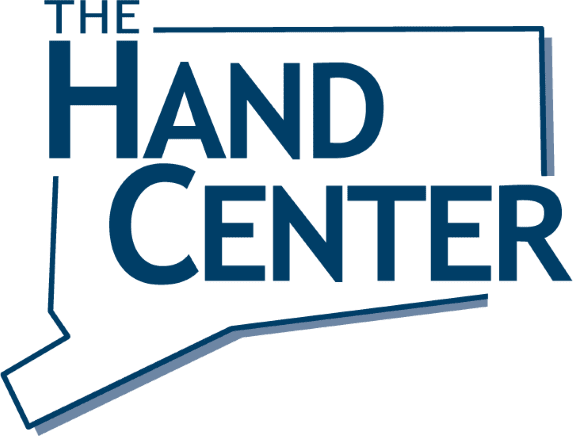Why Does My Shoulder Hurt?
Shoulder pain is a very common issue among adults spanning all types of work activities, hobbies, and accidents alike. There are countless issues that can show up as shoulder pain, but we will focus on three of the most common: Rotator cuff issues, frozen shoulder, and shoulder arthritis. Of course, big injuries happen as well, including falls from ladders and car accidents, which can cause fractures of the shoulder. These need evaluation by a specialist like those of us at The Hand Center to figure out if things need repair, or if they will heal well without surgery. Most, if not all, shoulder injuries require some degree of therapy for an optimal outcome long term and our therapists at The Hand Center are excellent in caring for our shoulder patients. With that, let’s dive in.
Rotator cuff
This is by far the most common shoulder pain issue that upper extremity orthopedic specialists encounter. For perspective, between 15-25% of people in the general population in their 60s or 70s have rotator cuff tears and may not even know about it. It is a fascinating problem that typically causes pain on the outside of the shoulder (we call this “referred pain”, because your brain feels the pain in a slightly different location from where the problem lives). Overhead activities with the arm are typically the most problematic for patients with rotator cuff issues and can range in spectrum from pain alone to profound weakness. The rotator cuff is the term we use for four muscles living on the scapula (shoulder blade) that come together to hook into the humeral head (the ball part of the shoulder joint) to keep the humeral head (ball) centered on the socket (called the glenoid) through shoulder motion. These tendons can get inflamed and cause pain, or get torn and then can’t do their function at all which causes weakness with those overhead activities.
A large number of rotator cuff problems can be treated with therapy and patients can get back to their pre-pain level of function and use of their arms again. Sometimes, steroid injections are used to supplement the therapy. For patients with either advanced rotator cuff problems and weakness, or for those who don’t improve as we expect they might with therapy, an MRI is usually in order to look at the tendons to evaluate for tearing and if torn, how severe it may be. Very interestingly, not all rotator cuff tears cause pain and/or weakness. So, it’s important to realize that not all rotator cuff tears need surgery to repair them. Some certainly do need surgery to get your shoulder pain and function fixed. It is best to be evaluated by a specialist to figure out what treatment plan makes the most sense for your specific situation.
Frozen shoulder
Less common than rotator cuff problems, is a frozen shoulder. This tends to be a very frustrating problem to have, and generally comes about for no good reason at all. 3-5% of the population gets a frozen shoulder, but your risk goes significantly up with a history of diabetes. This diagnosis happens when the shoulder capsule (the soft tissue envelope that holds the shoulder joint fluid inside) gets inflamed and thickens. This thickening causes pain at first, and then progressive stiffness. This is the type of stiffness that unfortunately doesn’t get better if you “force it” to move. Time is your best friend, as these patients typically go through three stages: Freezing, Frozen, and Thawing. The freezing phase is the process of getting stiff and painful. The frozen stage is a plateau stage where it’s less painful but the stiffness won’t improve yet. Finally, thawing is when the shoulder begins to give motion back. Frozen shoulder patients can often present somewhat like a shoulder that has a rotator cuff problem. It is important to realize that these are treated very differently. For example, frozen shoulders rarely need or benefit from surgery.
Arthritis
Last on our list is arthritis. Just like any joint in the human body, the shoulder can get arthritis. Typically, this joint is affected by osteoarthritis (plain arthritis). Arthritis is the degenerative condition when the cartilage on either end of the bones in the joint gets thinned or lost and then the body’s inflammatory response causes pain, swelling, stiffness. All treatments are aimed at reducing those painful symptoms and some patients do very well for a long time by using anti-inflammatory medicines or even intermittent steroid injections. When easy things stop working for the painful symptoms, there are surgical options to fix the problem. Nothing we can do will grow cartilage back in the joint, so the tried and true treatments typically involve a type of joint replacement. Knees and hips are the large body joints that are commonplace. Many people have a family member or friend who has gone through a knee/hip replacement surgery. Shoulders can be replaced too. There are two styles of replacements: one for patients with a working rotator cuff, and one for patients in which the rotator cuff doesn’t work or has a large tear which compromises its function. These are big surgeries, but many can be done safely and effectively in the outpatient setting.
The shoulder is a complex world, but we can help here at The Hand Center! Let us know any time if you’d like to see us. Our doors are open.

